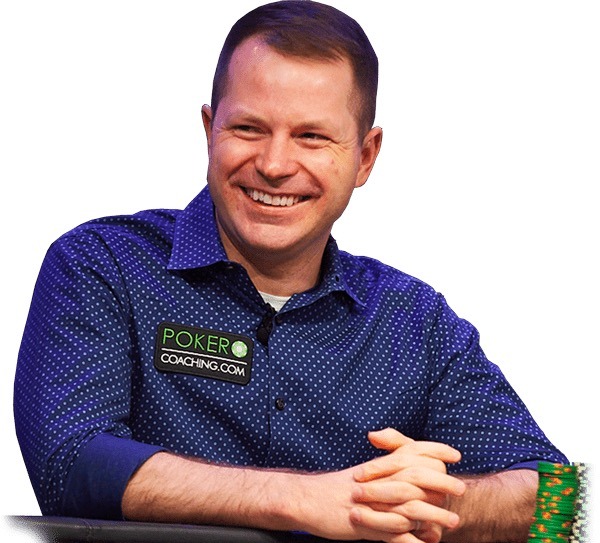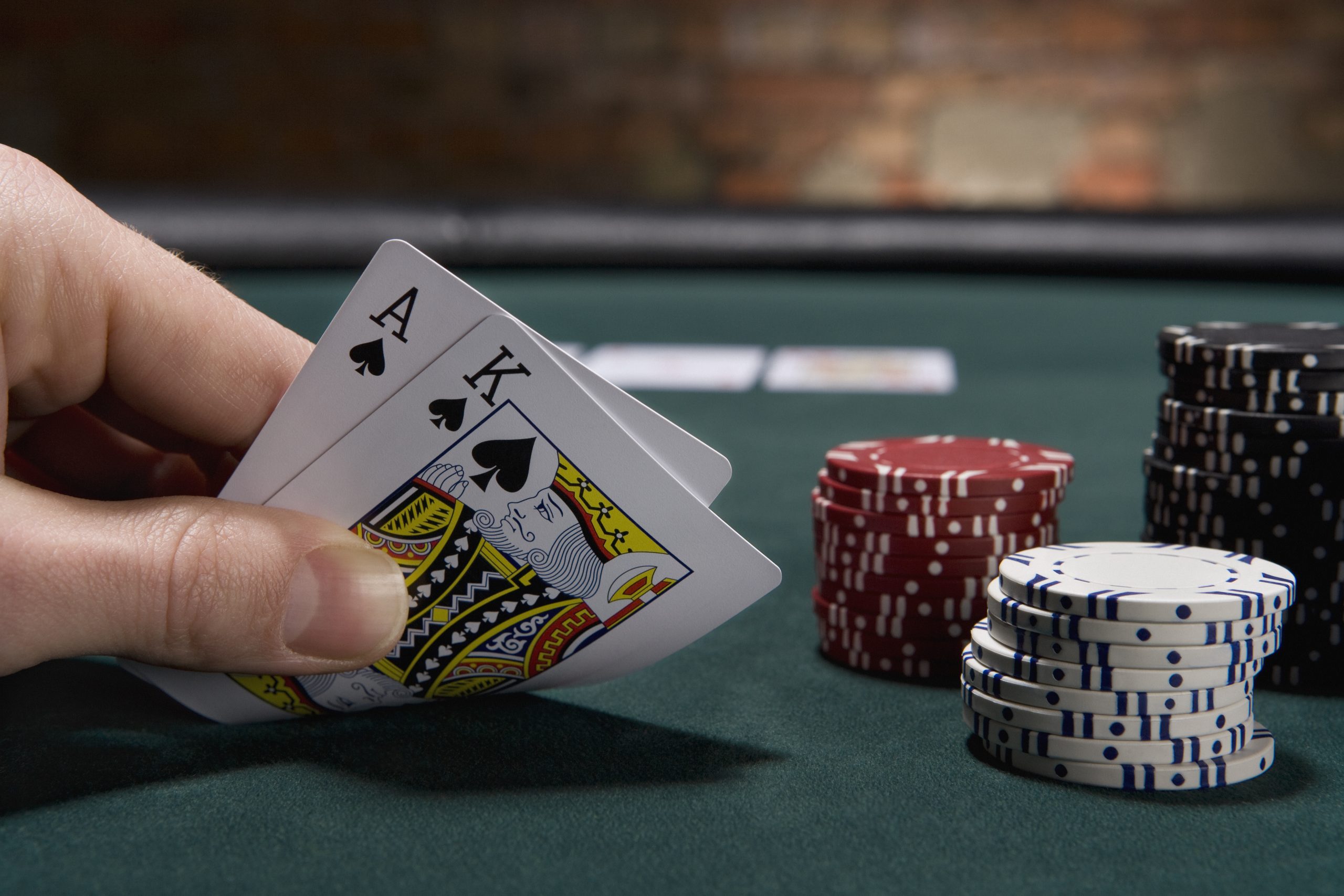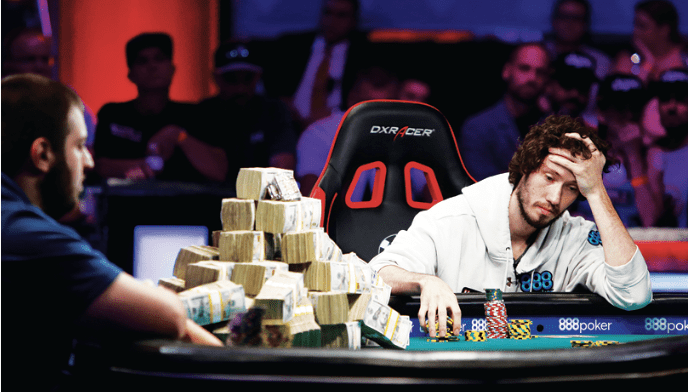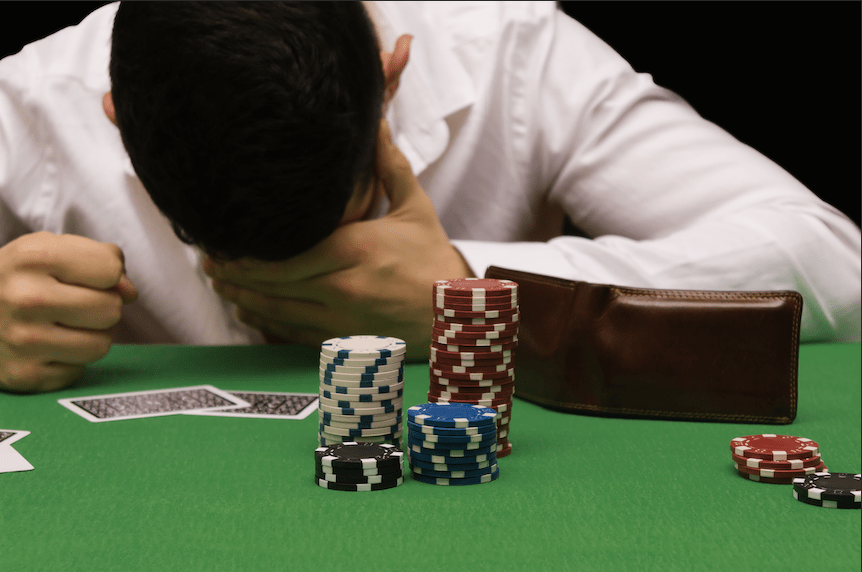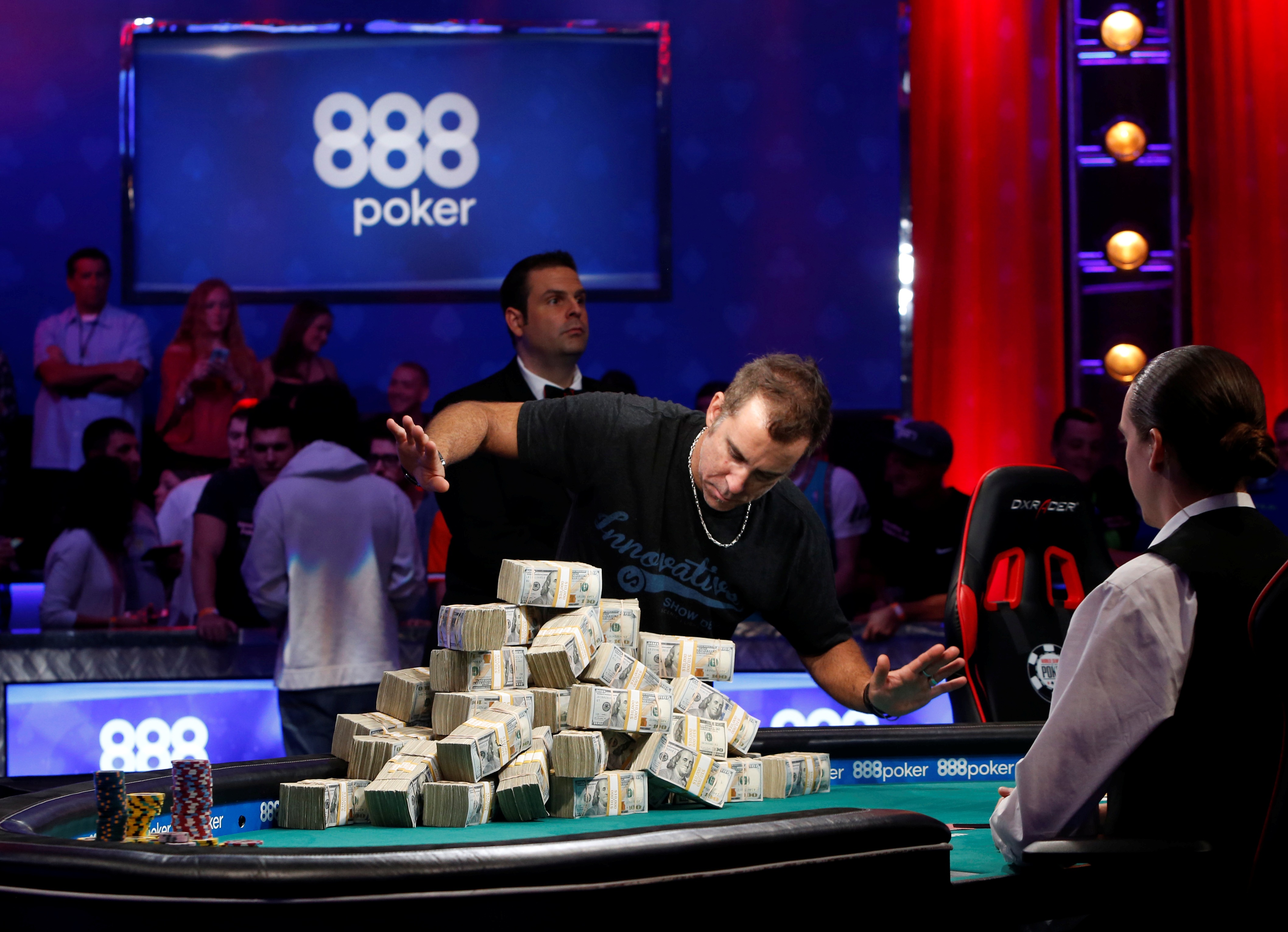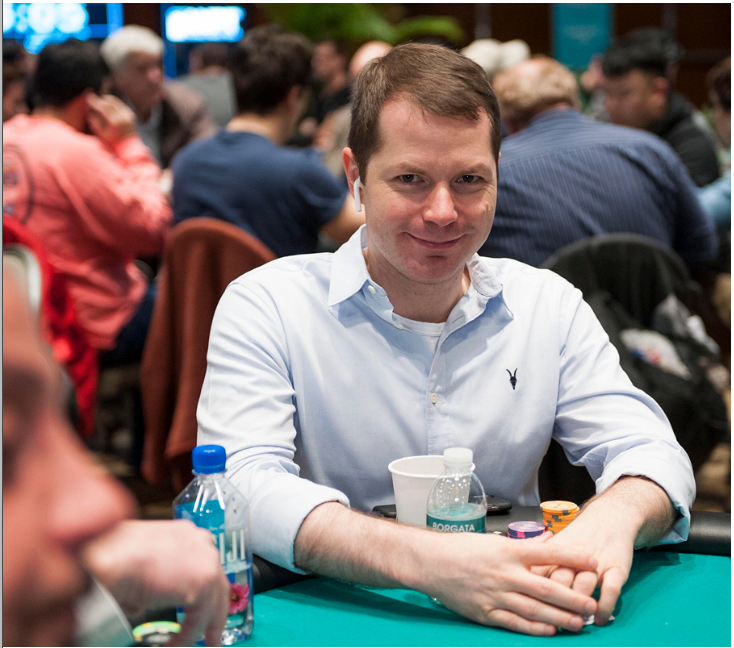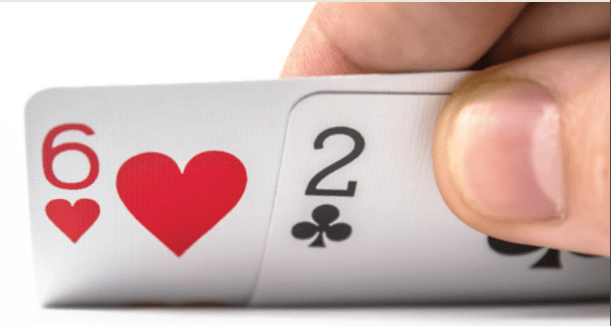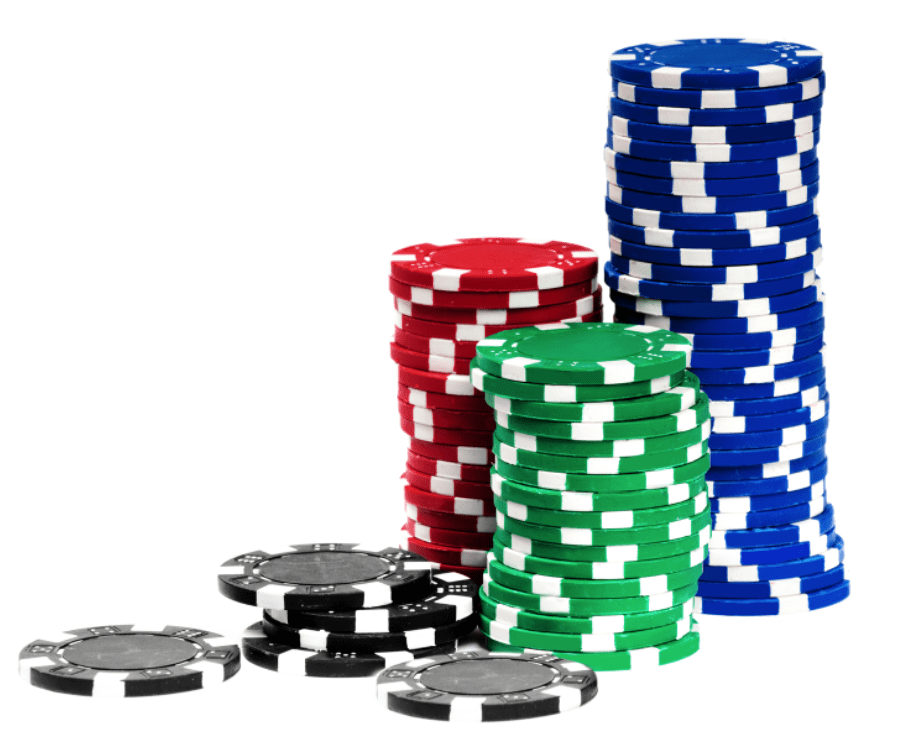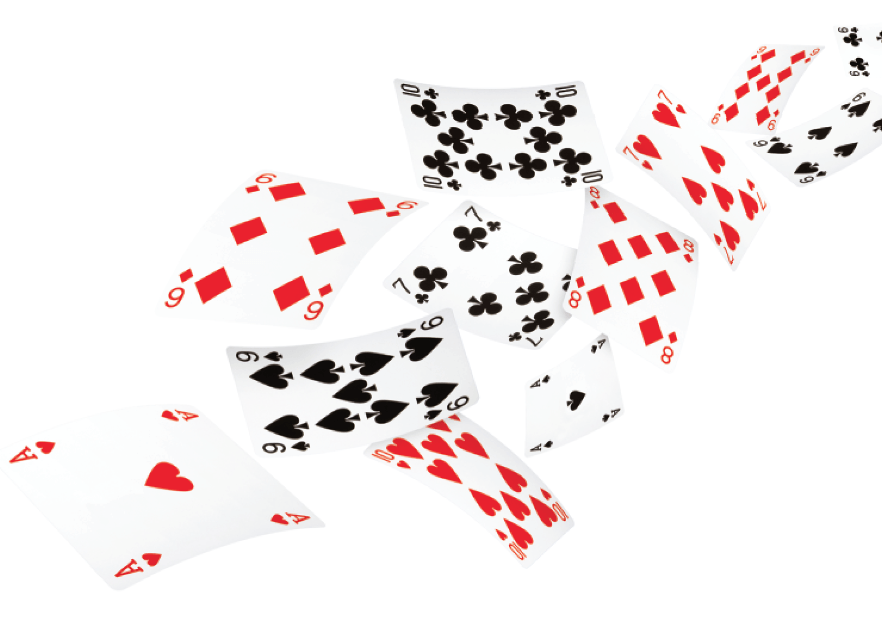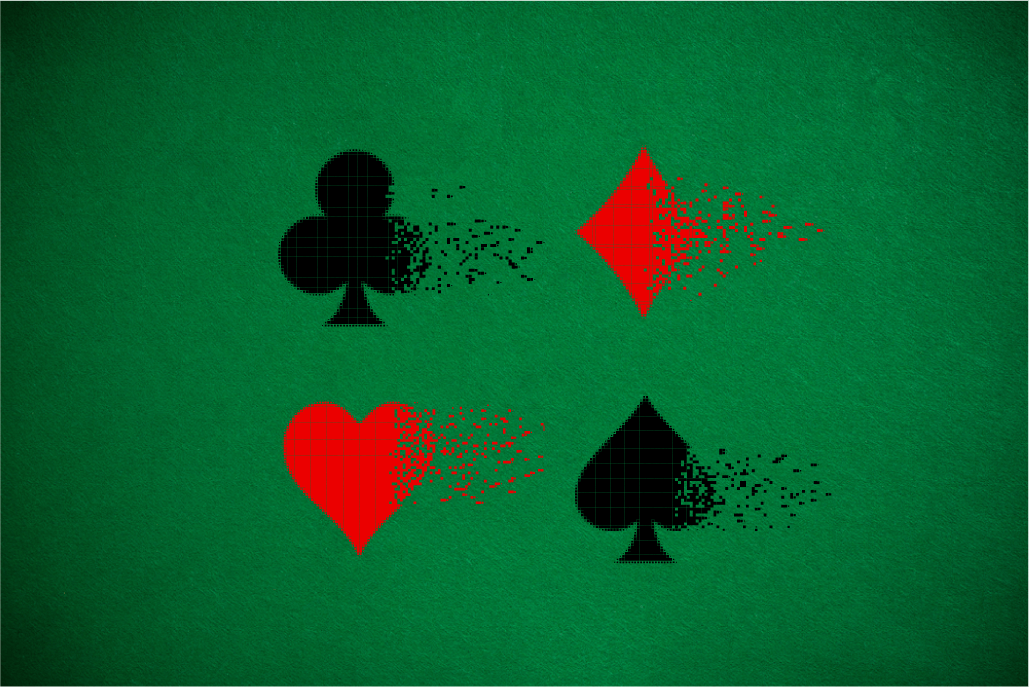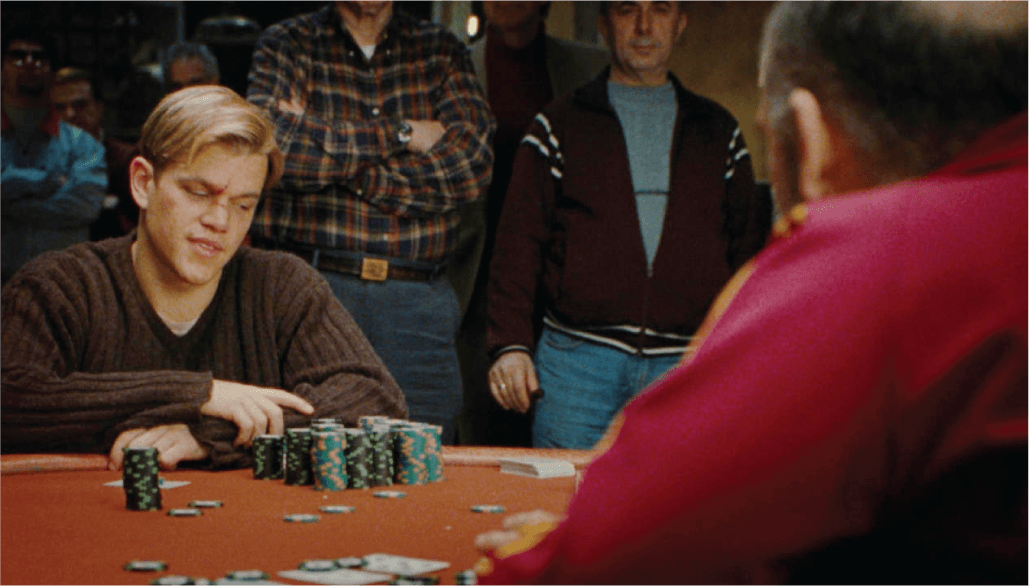Top 5 Mistakes Donkeys Make
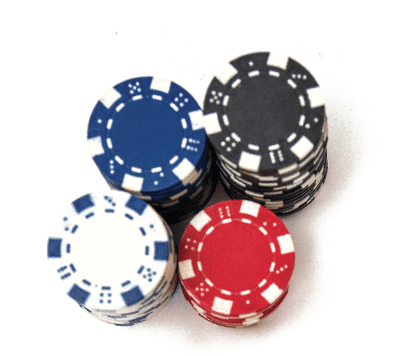
Expert poker players refer to amateurs as “donkeys.” Here, a WSOP pro reveals the most frequent donkey mistakes.
When amateurs sit down at the poker table, they tend to make five mistakes on a regular basis. Players who learn to avoid those errors see an immediate increase in their win rates.
Overplaying marginal made hands
Almost without fail, amateurs drastically overplay a hand like A-A after the flop. They see a flop of J-9-5, think they have the nuts and strive to get all-in. In reality, when 300 big blinds go into the pot in this spot, A-A is almost always crushed.
3-betting preflop with only premium hands
Amateurs tend to play blatantly face-up before the flop. They three-bet (reraise) their best hands, or their best hands plus a few decently strong hands, such as A-J and K-Q. They call with their other playable hands. In reality, they should three-bet with a range tailored to take advantage of their opponents’ strategy. Against some players, they should three-bet with their best hands, and with hands not quite good enough to call with, such as A-4o, K-7s, and 8-6s, because they expect them to either four-bet or fold. Against others, they should three-bet with an incredibly wide range to ensure they see the flop heads-up in position because they know they will check-fold most of the time after the flop when they miss.
Playing incorrectly with
a short stack
Most amateurs play either much too tightly or much too loosely with a short stack. They can solve both of these problems by studying a push/fold app. But don’t follow charts too strictly because the chart makers assume opponents play well, which often isn’t the case. Other strategies, such as using an all-in/min-raise/limp/fold strategy, may be ideal against specific opponents.
Failing to study away from the table
How does a pro make complex decisions at the poker table in only the few moments? The answer is that they study most situations away from the table. No one can come up with the correct decision in every spot with just a few minutes of thought. Poker is a difficult game that requires diligent study. Whenever players encounter a difficult decisions, they should write them down and revisit them when finished playing for the day. That enables them to review their play with a clear mind. It’s not uncommon for pros to pinpoint leaks they have to work to plug. These notes also make it easy to discuss hands accurately with friends, which is incredibly beneficial. Discussing one’s play with other good poker players is mandatory for anyone who wants to improve at the game.
Worrying about short-term results
Amateur players often can’t believe how unlucky they are. Usually these players have lost five tournaments in a row and can’t comprehend their “bad luck.” In reality, even world-class players occasionally play 20 or more tournaments in a row with no cashes. The sooner players comprehend the incredible variance inherent to poker, the sooner they can focus on the things that matter.
Pocket aces: The probability of being dealt pocket aces in any one hand is 6/1326, or once every 221 hands. The probability of winning with pocket aces is 31.36%, assuming all players stay in until the end. However that is a big if. The probability of winning with aces in a real 10-player game is about 70%. So the probability of getting pocket aces and then losing is 0.3*(1/221) = 0.1357%.
Jonathan Little, a professional poker player and WPT Player of the Year, has amassed more than $7 million in live tournament winnings, written 14 best-selling books and teaches at PokerCoaching.com. @jonathanlittle

